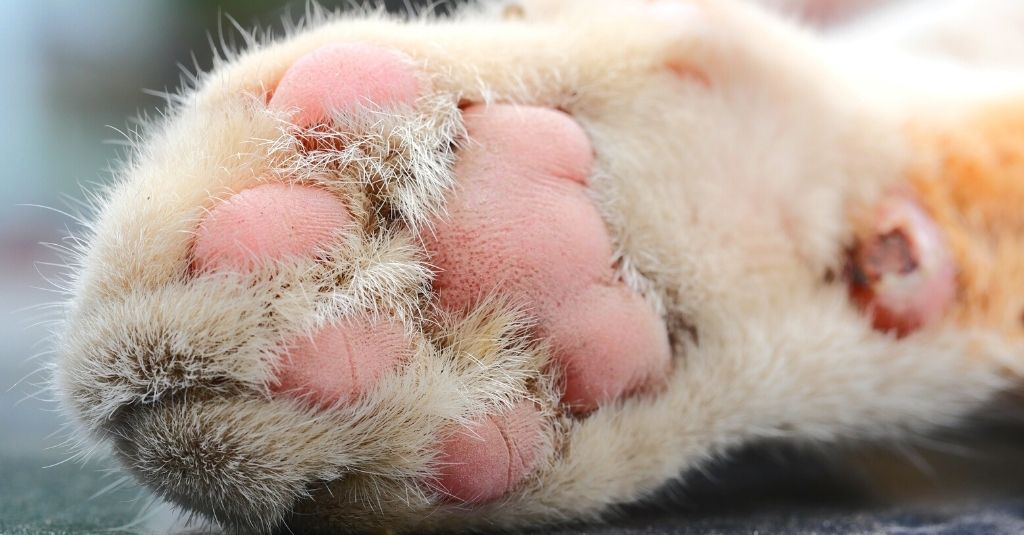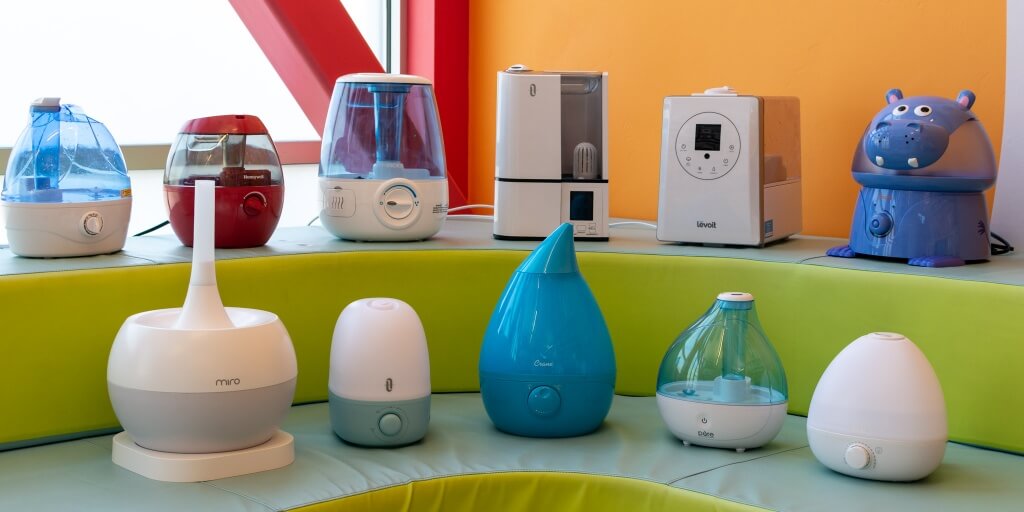Cats are known for their unique behaviors and sensitivities. As a responsible cat owner, you may have wondered whether dry air affects your furry companion.
In this article, we’ll explore the impact of low humidity on cats and how you can ensure their well-being in different environments.
Does Dry Air Affect Cats?
Absolutely, dry air can significantly affect cats, especially during the winter months. Indoor cats exposed to dry heat from furnaces in low-humidity environments may develop skin problems like dry and flaking skin due to the lack of moisture in the air. This can lead to discomfort and skin issues for our feline friends during colder weather.

For outdoor cats, the winter cold and ice pose a different set of challenges. Snow and ice-melting products, often containing salt and sand, can get trapped in their paw pads. As cats walk through these substances, particles can become lodged between their toes, leading to irritation and potential ingestion of harmful salts, causing illness when they lick their paws.

Overall, whether indoors or outdoors, the decreased humidity during winter can impact cats’ skin health and paw conditions, requiring special care and attention to ensure their well-being during this season.
Does Low Humidity Affect Cats?
Yes, low humidity can affect cats, much like it can affect humans. Cats are sensitive creatures, and the level of humidity in their environment can influence their comfort and health. Here are some ways in which dry air can affect cats:
Dry Air and Cats’ Skin:
Low humidity can lead to dryness and itchiness in cats’ skin. Just like humans, cats may experience flaky skin or develop skin conditions in very dry conditions.
Dry Air and Cats’ Eyes:
Low humidity can also contribute to dry eyes in cats. This can make their eyes feel itchy, uncomfortable, and potentially lead to excessive tearing as a protective response.
Dry Air and Cats’ Sense of Smell:
Cats have a highly developed sense of smell, and dry air can affect their olfactory senses. In very dry conditions, your cat’s sense of smell may not be as sharp as usual.
How Long Does Dry Air Affect Cats?
The duration of the effects of dry air on cats can vary depending on the severity of the dryness and the individual cat. But, generally it will long around 1-2 weeks.
In moderately dry conditions, your cat may experience temporary discomfort that can be alleviated when humidity levels return to normal.
However, chronic exposure to extremely dry air can lead to more persistent skin and eye issues in cats.
Do Cats Care About Humidity?
While cats may not be as vocal about their preferences as humans, they do care about humidity to some extent.
Cats are skilled at regulating their body temperature, and the humidity level in their environment plays a role in this process.
When humidity is too low, cats may feel less comfortable, especially if they have preexisting skin or eye sensitivities.
Do Cats Struggle with Humidity?
Cats generally don’t struggle with humidity in the same way that humans might in hot and muggy conditions.
In fact, cats are often better equipped to handle heat and humidity than humans. They have a unique cooling mechanism through their paw pads, which helps them dissipate excess body heat.
Do Cats Hate Humidity?
Cats don’t necessarily hate humidity, but they can become uncomfortable when humidity levels are extreme.
Cats are most comfortable in a relatively moderate humidity range, typically between 40% to 60%.
Humidity levels outside of this range, whether too high or too low, can affect their well-being.

Using a Dehumidifier for Cats
If you live in an area with excessively high humidity, you might consider using a dehumidifier to maintain a more comfortable indoor environment for both you and your cat.
Dehumidifiers can help reduce moisture levels in the air, which can be particularly beneficial during humid summer months.
In conclusion, while cats may not be as vocal about their preferences, they can be affected by dry air. Low humidity levels can lead to skin issues, dry eyes, and potential temporary changes in their sense of smell.
To ensure your cat’s comfort, it’s essential to maintain moderate humidity levels in their living environment.
If you suspect that your cat is experiencing discomfort due to dry air, consult with your veterinarian for guidance on how to address their specific needs.



